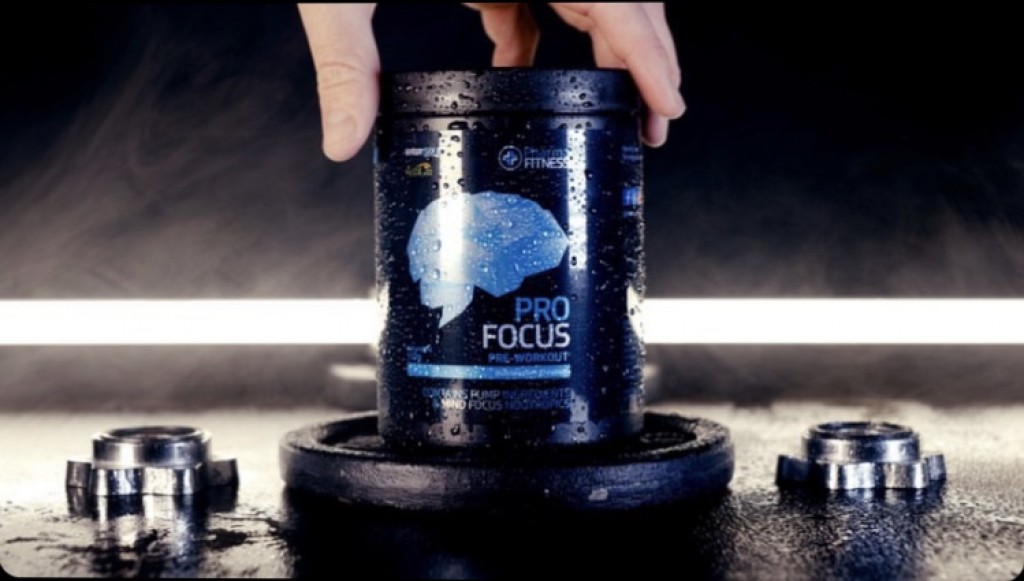Comparing Popular Fitness Supplements: Pros and Cons
Fitness supplements have gained immense popularity in recent years, with individuals seeking to enhance their performance, reach their fitness goals, and optimize their overall well-being. However, with a plethora of options available in the market, it can be overwhelming to choose the right fitness supplement that suits your needs. In this blog, we will compare popular fitness supplements by examining their pros and cons, enabling you to make an informed decision.
1. Protein Powders:
Protein powders are widely recognized as one of the most popular fitness supplements. They are commonly used to support muscle growth and aid in post-workout recovery. Here are the pros and cons of protein powders:
Pros:
- Convenient and easy to consume, especially for those with higher protein requirements.
- Provides a quick and efficient source of protein.
- Promotes muscle repair and growth.
- Available in various forms (whey, casein, soy, pea), catering to different dietary preferences.
Cons:
- Some protein powders may contain artificial additives, fillers, or allergens. It is crucial to read labels and choose high-quality products.
- Overreliance on protein powders can lead to a deficiency in other essential nutrients obtained from whole foods.
2. Creatine:
Creatine is a naturally occurring compound found in the body and is also available as a supplement. It is commonly used to enhance strength and power during high-intensity workouts. Here are the pros and cons of creatine:
Pros:
- Increases muscle strength and power, making it highly beneficial for activities that require short bursts of energy.
- Enhances muscle recovery and reduces fatigue.
- Well-researched and considered safe for most individuals when taken within recommended doses.
Cons:
- May cause water retention, leading to temporary weight gain.
- Some individuals may experience gastrointestinal discomfort or cramping.
- Not as effective for endurance-based activities.
3. Omega-3 Fatty Acids:
Omega-3 fatty acids, particularly EPA and DHA, are essential fats that play a crucial role in overall health and well-being. They are commonly consumed through fish oil supplements. Here are the pros and cons of omega-3 fatty acids:
Pros:
- Supports heart health and reduces the risk of cardiovascular diseases.
- Helps reduce inflammation in the body.
- Plays a role in brain health and cognitive function.
- May aid in reducing muscle soreness and promoting joint health.
Cons:
- Fish oil supplements may have a fishy aftertaste or cause fishy burps. Look for high-quality products with minimal odor.
- Omega-3 fatty acids can thin the blood, so individuals taking blood-thinning medications should consult a healthcare professional before supplementing.
Conclusion:
Choosing the right fitness supplement requires careful consideration of your individual needs, goals, and potential risks. Protein powders offer a convenient source of protein for muscle growth and recovery, while creatine can enhance strength and power during intense workouts. Omega-3 fatty acids are essential for overall health and well-being. Remember, supplements should complement a balanced diet and regular exercise routine rather than replace them. Prioritize high-quality products, read labels diligently, and consult with a healthcare professional if needed. Empower yourself with knowledge to make the best choices for your fitness journey.
Disclaimer: This blog is for informational purposes only and does not constitute medical advice. Always consult a healthcare professional before starting any new supplement regimen.









